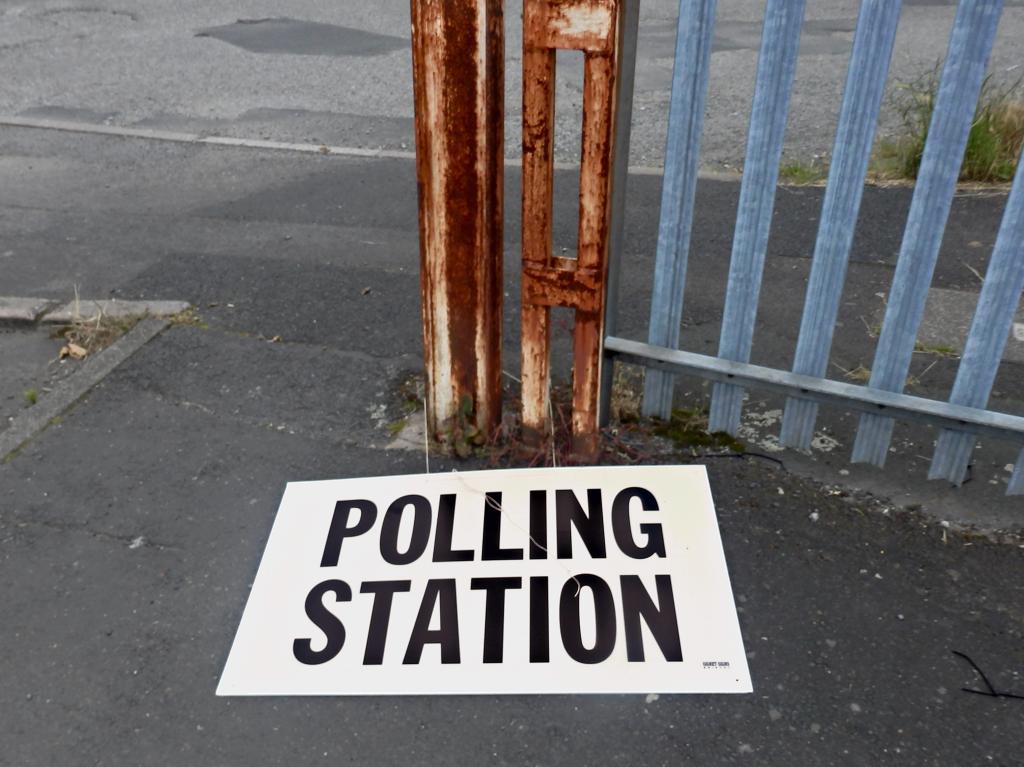Hispanics have undersized impact on Texas voter rolls
Published 1:49 pm Friday, October 7, 2016

- MorgueFile
AUSTIN — Mary Moreno’s brother has never voted, but this year she made sure that he saw the Republican and Democratic conventions on television, as well as the first presidential debate.
“He’s going to vote,” said Moreno. “He’s pumped.”
Moreno’s brother, Alejandro Moreno, is among the nearly one-quarter of new registered voters with Hispanic surnames, according to Austin researcher Derek Ryan, a veteran GOP data expert who analyzed information from the secretary of state’s office. That matches the portion of existing registered voters with Hispanic last names, according to Ryan’s research, which measures changes since the March primaries.
But in a state with such a large Hispanic population – about 9.9 million, nearly half of whom are eligible to vote if only they register – Ryan said it’s a surprise that Hispanics don’t have greater weight on the voter rolls.
Texas has about 15 million registered voters. It is home in 1 in 5 Hispanics living in the United States.
Four years ago, just 39 percent of Texas Hispanics who are eligible to vote cast a ballot, meaning that candidates in both parties left potential votes on the table.
Sylvia Manzano, a principal at Latino Decisions, a political opinion research firm, said Republicans and Democrats cannot be counted on to sign up new Hispanic voters.
“Expanding the electorate isn’t a priority for the parties,” she said. “Their job is to win elections.”
Registering new voters can hurt incumbents who count on a loyal voter base and consistent party support, Manzano said.
It can help challengers – but only in close races.
“They can’t do all the things they promise to do if they can’t win,” she said. “Very few people are going to say, ‘I want to invest in losing by a smaller margin.’ ”
Though reliably-red Texas is not a battleground state in the fall presidential race, Tariq Thowfeek, communications director for the state Democratic Party, said the Democratic National Committee and Democratic Congressional Campaign Committee are “heavily invested” in the contest for the 23rd House District.
The race pits incumbent Rep. Will Hurd, R-San Antonio, against Pete Gallego, a Democrat who lost the seat two years ago.
Throughout the state, U.S. congressional districts, as well as in both Texas Senate and House districts represented by Republicans have enrolled more new voters since the spring primary election than those with Democrats, according to Ryan’s research.
Twenty-five of the state’s 36 U.S. House districts are represented by Republicans.
In the state’s urban areas, voter rolls have increased from 6.9 percent in Harris, Dallas and Tarrant counties, to 7 percent Bexar County and 8.6 percent in Travis County.
The state’s Hispanic voters have supported Democrats, at least in presidential races. Four years ago, about 70 percent voted for President Barack Obama.
In the 2014 elections, the Texas Hispanic vote was 48 percent for Sen. John Cornyn, a Republican, versus 47 percent for challenger David Alameel.
In the 2014 gubernatorial race, Wendy Davis, a Democrat, took 55 percent of the state’s Hispanic vote to 44 percent for Greg Abbott, the Republican who won the overall vote and became governor.
And given GOP nominee Donald Trump’s negative comments about Hispanics during the campaign, observers aren’t expecting many to defect to the Republican Party, at least in the race for president.
Moreno, who is a spokeswoman for the Texas Organizing Project, a Houston-based non-profit working to sign up voters by next Tuesday’s deadline and encourage them to go to the polls on Election Day, said the group is focusing on down-ballot races – for Harris County sheriff and district attorney, for example.
Its workers are knocking on doors in Latino and Hispanic communities. This weekend, she said, “you’re going to see a lot of effort” to register Harris County voters.
That will include the use of taco trucks, which also stock applications to register to vote.
“Taco trucks on every street corner have become a huge thing,” she said.
The spotlight on a recent federal court ruling that found Texas’ voter identification law violated the Voting Rights Act, along with subsequent changes to the types of ID acceptable at polling places, is raising awareness among Hispanics, she said.
Manzano said voter registration is a state responsibility.
Following the federal court’s ruling, Texas in August began a $2.5 million voter-education campaign.
The state has sent letters to high school principals, telling them schools must distribute voter registration applications to students. Until recently, that requirement was “not very well known,” Moreno said.
For now, there’s no telling how many new voters — of any ethnicity — the state’s effort will yield.
While new voter registrations are a good sign, Mazano noted, there’s lots of room for improvement.
Four years ago, she said, the number of Texas Hispanics and Latinos who were eligible to vote but didn’t “was larger than the entire population of New Mexico.”
John Austin covers the Texas Statehouse for CNHI’s newspapers and websites. Reach him at jaustin@cnhi.com<mailto:jaustin@cnhi.com>.



